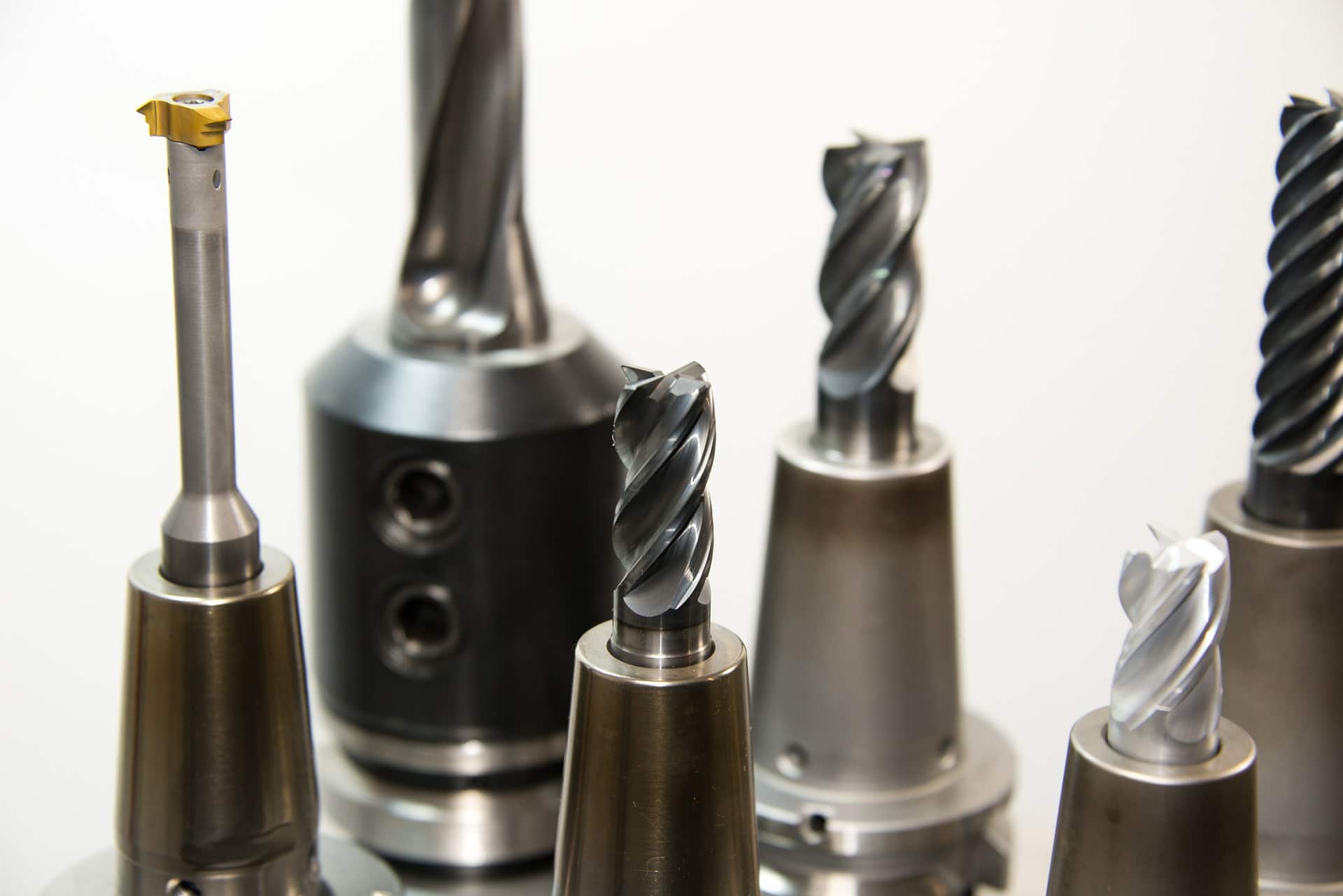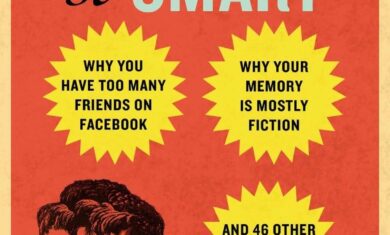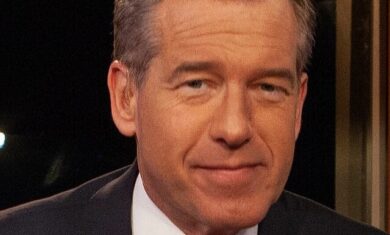If given the choice, most people would say that they’d like to have more money. But why do they want that? Really why?
In thinking about this, it reminds me of Theodore Levitt’s thought that “People don’t want to buy a quarter-inch drill bit. They want a quarter-inch hole.“
Really, they don’t want a quarter-inch hole, they want to hang a bookshelf. And really, they don’t just want to hang a bookshelf, but they want their house to be more functional and look better when people visit. That’s what the quarter-inch drill bit is really for.
Money?
Money can be seen the same way. In and of itself, money does nothing for you — it’s about where it’s applied and how that improves your life.
Things?
Even buying “things” isn’t what most people want. You don’t want a fast car for the sake of the car — you want the feeling of driving it on a mountain road.
If you dig deep enough with the desire for money, it often ends up really being a desire for freedom. Things like:
- Not have to set an alarm clock.
- Have someone else take care of the laundry and yard.
- Not be stressed out trying to make rent every month.
As I think through this, it brings me back somewhat to Tim Ferriss’ idea of “The 4-Hour Workweek“. While he has great concepts in the book for generating more income, much of it is about skipping that step and just getting to the freedom side of things. If you can restructure your life to be more free, even without more money, isn’t that a win?
Taking it further, Adam Grant’s recent interview with Ester Duflo dug into the things beyond money, such as dignity, that might have an even greater impact.
Either way, determining your true goals of why you want “more money” can help you shape how you go after it, and you might find a way to win without becoming filthy rich first.




